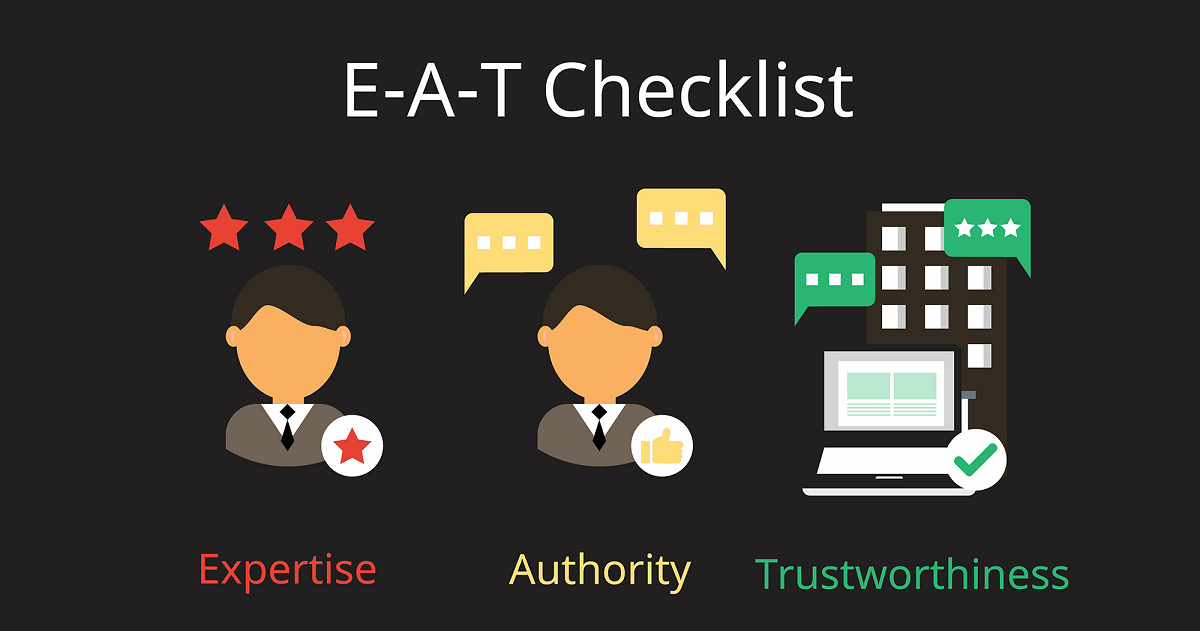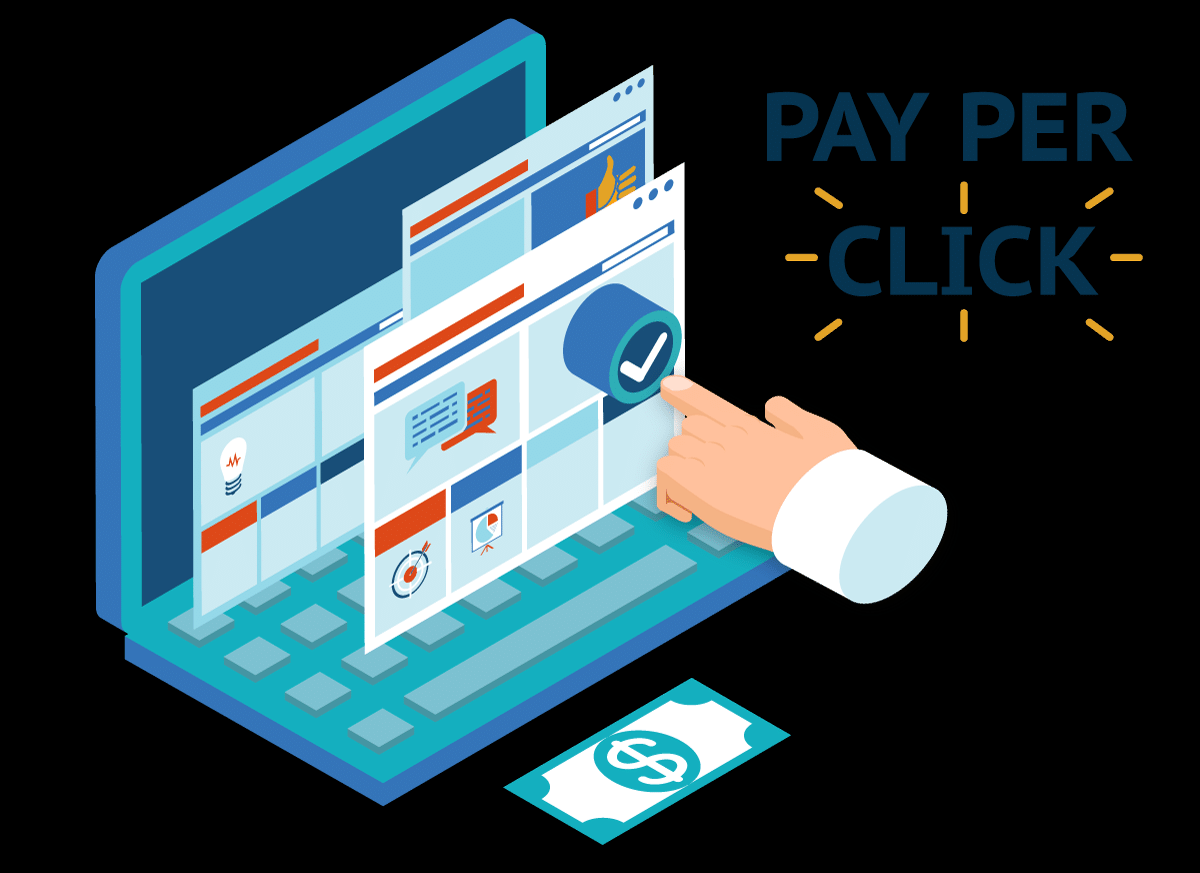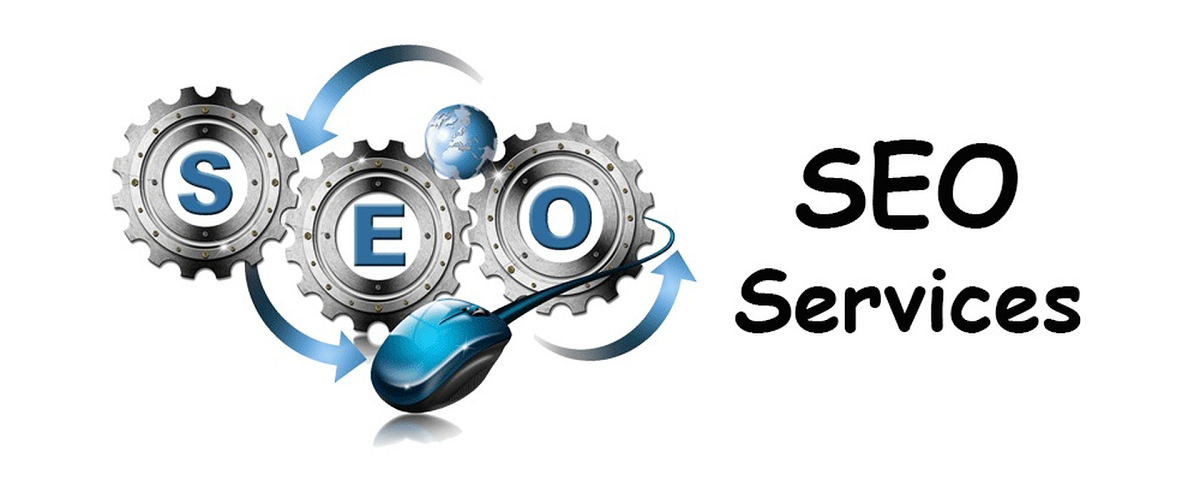BLOG
Off-Page SEO Strategies For Success

In the ever-evolving landscape of search engine optimization (SEO), off-page SEO strategies have emerged as critical elements for enhancing a website's visibility and authority. While on-page SEO focuses on optimizing content and structure within a website, off-page SEO extends beyond the confines of the site itself, encompassing activities that aim to improve its reputation, relevance, and authority across the web.
Off-page SEO primarily revolves around building high-quality backlinks, leveraging social media, managing online reputation, and implementing local SEO strategies. These tactics not only signal to search engines the credibility and trustworthiness of a website but also help drive organic traffic and improve search engine rankings.
One of the key pillars of off-page SEO is the acquisition of high-quality backlinks from reputable websites. Backlinks act as a vote of confidence from other sites, indicating to search engines that your content is valuable and worthy of reference. Similarly, social media plays a crucial role in off-page SEO by providing opportunities to engage with a wider audience, amplify content reach, and build brand awareness.
Additionally, managing online reputation is paramount in off-page SEO, as positive reviews and sentiments can significantly impact a website's credibility and trustworthiness in the eyes of both users and search engines. Local SEO strategies are also essential for businesses targeting local markets, as they help improve visibility in local search results and drive relevant traffic to physical locations.
In this blog post, we will delve deeper into these off-page SEO strategies, providing insights and practical tips to help you boost your website's visibility, drive organic traffic, and improve search engine rankings.
Understanding Off-Page SEO
Off-page SEO is a crucial aspect of any successful digital marketing strategy. Unlike on-page SEO, which focuses on optimizing elements within your website, off-page SEO deals with actions taken outside of your website to impact your rankings within search engine results pages (SERPs). Understanding off-page SEO is essential for businesses looking to improve their online visibility, drive organic traffic, and establish authority within their industry.
One of the key components of off-page SEO is building high-quality backlinks. Backlinks are links from other websites that point to your site. Search engines like Google consider backlinks as votes of confidence in your content, and the more quality backlinks you have, the higher your site is likely to rank. However, it's important to note that not all backlinks are created equal. Quality backlinks come from reputable and authoritative websites within your industry.
Social media also plays a significant role in off-page SEO. While social media shares themselves may not directly impact your search engine rankings, they can help increase your content's visibility and attract more backlinks. Engaging with your audience on social media can also help build brand awareness and credibility, which can indirectly improve your SEO efforts.
Online reputation management is another important aspect of off-page SEO. Monitoring and responding to online reviews, as well as actively managing your brand's online presence, can help improve your reputation and build trust with potential customers.
Overall, understanding off-page SEO and implementing effective strategies can help improve your website's visibility, drive more organic traffic, and ultimately, boost your search engine rankings.
Building High-Quality Backlinks
Building high-quality backlinks is a crucial aspect of off-page SEO that can significantly impact your website's search engine rankings and overall visibility. Backlinks are links from other websites that point to your site. Search engines like Google consider backlinks as votes of confidence in your content, indicating that other websites find your content valuable and authoritative. Here's why building high-quality backlinks is essential for your SEO strategy:
Firstly, high-quality backlinks help improve your website's authority and credibility. When reputable websites link to your content, it signals to search engines that your website is a trustworthy source of information. This can lead to higher rankings in search engine results pages (SERPs) and increased organic traffic.
Secondly, backlinks can help increase your website's visibility and reach. When other websites link to your content, their visitors may click on the link and visit your site, exposing your brand to a new audience. This can result in increased traffic and potential customers or clients.
Moreover, building high-quality backlinks can also help you establish relationships with other websites and industry influencers. By creating valuable content and reaching out to relevant websites for link-building opportunities, you can network with other professionals in your industry and potentially collaborate on future projects.
Leveraging Social Media
Sharing Content Regularly
- Regularly share your blog posts, articles, and other content on social media platforms like Facebook, Twitter, LinkedIn, and Instagram.
- Use a content calendar to plan and schedule your posts for consistency.
- Share a variety of content types, including blog posts, infographics, videos, and images, to keep your audience engaged.
Engaging with Followers and Industry Influencers
- Respond to comments, messages, and mentions promptly to engage with your audience.
- Follow and engage with industry influencers and thought leaders to increase your reach and credibility.
- Collaborate with influencers on content creation or promotions to reach new audiences.
Using Relevant Hashtags
- Use relevant hashtags in your social media posts to increase visibility and reach a wider audience.
- Research popular hashtags in your industry and incorporate them into your posts strategically.
- Create branded hashtags to encourage user-generated content and increase brand awareness.
Encouraging Social Sharing of Content
- Make it easy for visitors to share your content by including social sharing buttons on your website.
- Create shareable content that provides value to your audience and encourages them to share it with their networks.
- Run social media contests or promotions to incentivize social sharing and engagement.
Monitoring and Analyzing Performance
- Use social media analytics tools to track the performance of your social media efforts.
- Monitor key metrics such as engagement, reach, and click-through rates to understand what content resonates with your audience.
- Use insights from analytics to optimize your social media strategy and improve results over time.
Online Reputation Management
Online Reputation Management (ORM) refers to the practice of influencing and controlling an individual's or organization's reputation online. It involves monitoring what is being said about a person, business, or brand on the internet, and then taking steps to address any potentially damaging content or promote positive content to improve their online reputation.
ORM is important because the internet has made it easy for anyone to share their opinions and experiences publicly, and these can have a significant impact on how others perceive you or your business. Negative reviews, comments, or articles can harm your reputation and credibility, while positive ones can enhance them.
Effective ORM involves several key strategies, including:
- Monitoring: Regularly monitoring online mentions, reviews, and comments related to your name, brand, or business to stay aware of what is being said.
- Responding: Responding promptly and professionally to both positive and negative feedback. Acknowledging and addressing negative feedback can show that you are attentive to customer concerns and willing to address them.
- Content Creation: Creating and promoting positive content such as blog posts, articles, and social media posts to highlight your strengths, achievements, and positive customer experiences.
- Search Engine Optimization (SEO): Optimizing your online content to ensure that positive content ranks higher in search engine results than negative content.
- Social Media Management: Managing your social media profiles to engage with your audience and promote positive interactions.
By actively managing your online reputation, you can help ensure that your online presence accurately reflects your values, expertise, and credibility, helping to build trust with your audience and stakeholders.
Local SEO Strategies
Local SEO plays a crucial role in off-page SEO, especially for businesses targeting a specific geographical area. Implementing these strategies can significantly improve your local search visibility:
Optimizing Google My Business Listing
- Claim and verify your Google My Business (GMB) listing.
- Ensure your business name, address, and phone number (NAP) are accurate and consistent across all online platforms.
- Select the most relevant categories for your business.
- Add high-quality images and videos of your business.
- Encourage customers to leave reviews on your GMB listing.
Building Local Citations
- Create consistent business listings (citations) on local directories, review sites, and social media platforms.
- Ensure your NAP information is consistent across all citations.
- Include relevant keywords in your business descriptions.
- Monitor and update your citations regularly to maintain accuracy.
Getting Involved in Local Community Events and Sponsorships
- Sponsor local events or charities related to your industry.
- Participate in local community activities and events.
- Host or sponsor local workshops, classes, or seminars.
- Engage with local influencers and bloggers to promote your business.
By implementing these local SEO strategies, you can improve your website's visibility in local search results and attract more customers from your target geographical area.
Measuring Off-Page SEO Success
Off-page SEO plays a crucial role in improving your website's visibility and rankings on search engines. However, measuring the success of your off-page SEO efforts can be challenging due to the indirect nature of many off-page factors. Here are some key metrics you can use to gauge the effectiveness of your off-page SEO strategies:
- Backlink Profile Growth: Monitor the growth of your website's backlink profile over time. Look for an increase in the number of high-quality backlinks from authoritative websites in your industry. Tools like Ahrefs, Moz, and SEMrush can help you track backlinks.
- Social Media Engagement and Growth: Measure the engagement metrics on your social media profiles, such as likes, shares, comments, and followers. A growth in these metrics indicates that your content is resonating with your audience and is being shared more widely.
- Online Reputation Metrics: Monitor your online reputation by tracking online reviews and ratings. Look for trends in review sentiment and respond promptly to any negative feedback. Encourage satisfied customers to leave positive reviews to improve your overall online reputation.
- Organic Search Traffic: While not a direct measure of off-page SEO, an increase in organic search traffic can indicate that your off-page SEO efforts are paying off. Use Google Analytics to track the sources of your website traffic and monitor organic search traffic over time.
- Keyword Rankings: Monitor the rankings of your target keywords in search engine results pages (SERPs). While keyword rankings are influenced by both on-page and off-page factors, an improvement in rankings for your target keywords can indicate that your off-page SEO strategies are working.
- Competitor Analysis: Keep an eye on your competitors' off-page SEO strategies and compare them to your own. Look for opportunities to replicate their successes and identify areas where you can improve.
By tracking these key metrics, you can gain valuable insights into the effectiveness of your off-page SEO strategies and make informed decisions to improve your website's visibility and rankings in search engine results.
In conclusion, off-page SEO is a critical component of any successful digital marketing strategy. By implementing the right off-page SEO strategies, such as building high-quality backlinks, leveraging social media, managing your online reputation, and optimizing for local SEO, you can improve your website's visibility and rankings on search engines.
Measuring the success of your off-page SEO efforts can be challenging, but by tracking metrics such as backlink profile growth, social media engagement and growth, online reputation metrics, organic search traffic, keyword rankings, and competitor analysis, you can gain valuable insights into the effectiveness of your strategies and make informed decisions to further optimize your off-page SEO.
Are you ready to take your off-page SEO to the next level? Implementing the strategies outlined in this blog post can help you improve your website's visibility and rankings on search engines, driving more organic traffic to your site and ultimately increasing your online presence.
If you need help with your off-page SEO or digital marketing strategy,
contact us today! Our team of experts can provide you with the guidance and support you need to achieve your goals. Together, we can elevate your website's performance and drive success for your business.











